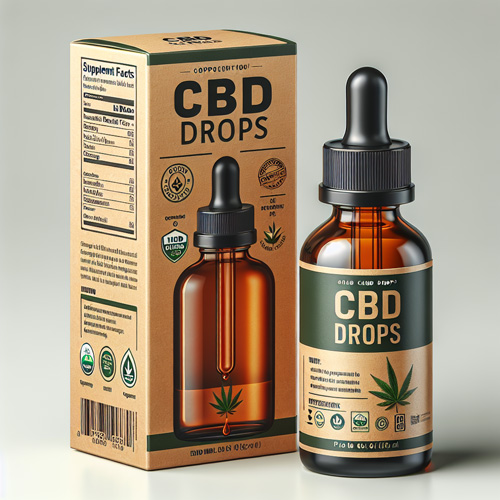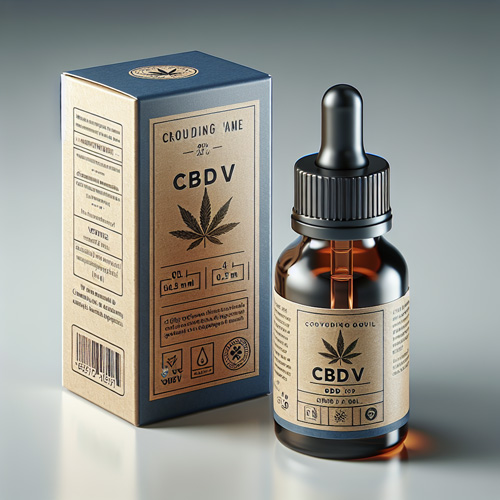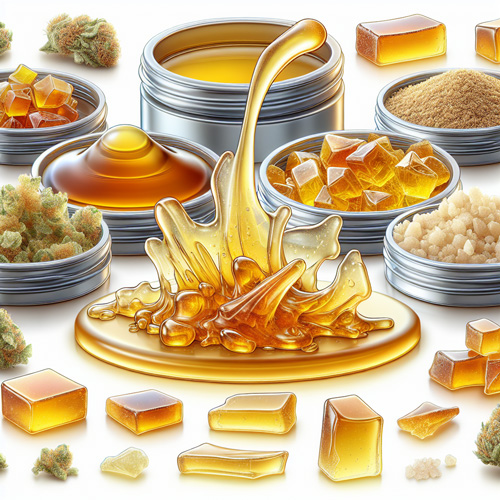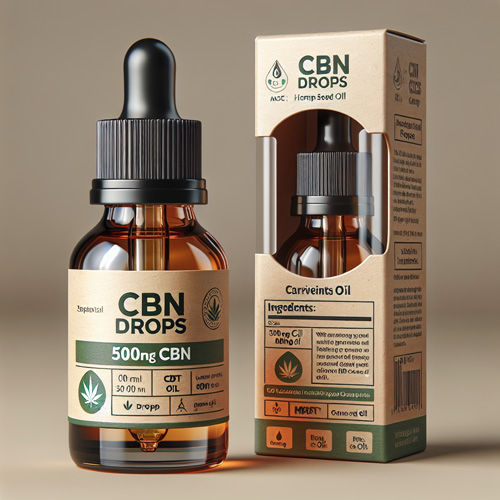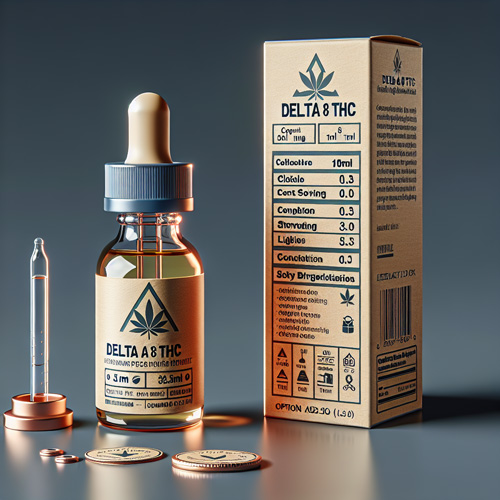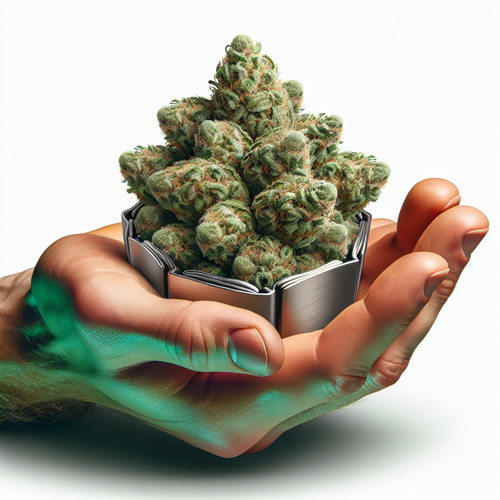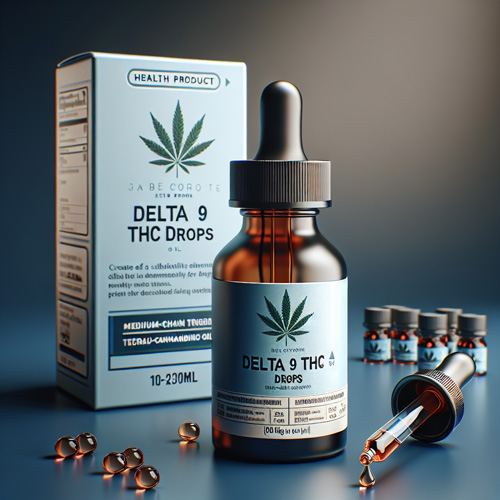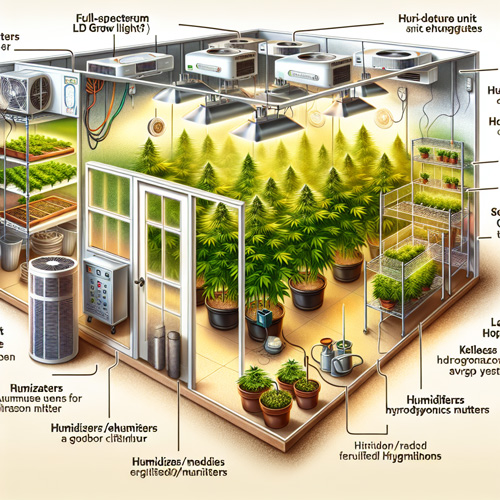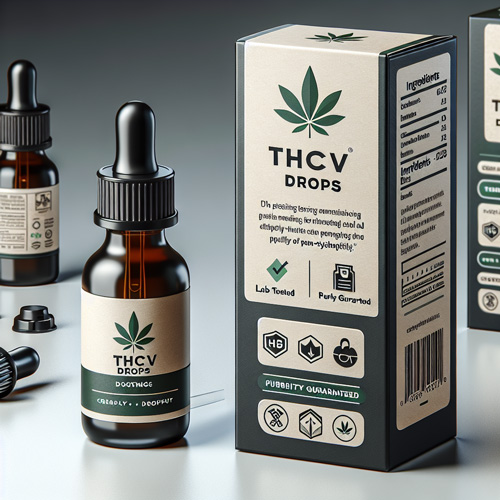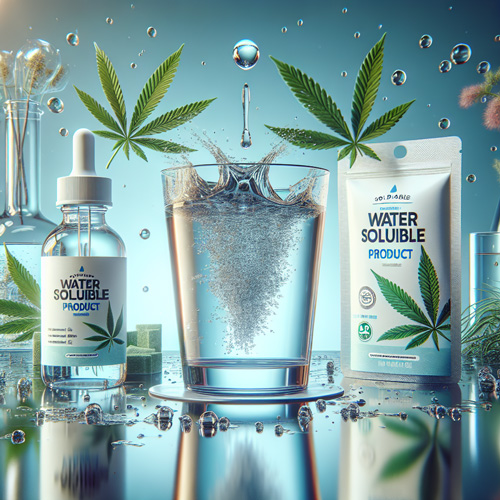
Hemp Clothing and Fashion Trends
What is Hemp?
Hemp, derived from the Cannabis sativa plant, is a versatile plant that has been used for centuries for various purposes. Often confused with marijuana, hemp contains very low levels of THC, the psychoactive compound found in marijuana.
Hemp is primarily valued for its strong fibers, which can be transformed into sustainable textiles and fabrics. With its potential benefits and positive impact on the environment, hemp has become a popular choice in the fashion industry. From clothing to accessories, hemp offers a wide range of options for those seeking sustainable fashion solutions. Unlike synthetic materials, hemp is biodegradable and can be grown without the use of chemical fertilizers or artificial fertilizers, making it a more eco-friendly choice.
Not only does hemp offer environmental benefits, but its fibrous structure also gives it exceptional dyeability and antibacterial properties. As consumers become more conscious of their fashion choices and the impact of their purchases on the environment, hemp clothing is gaining popularity as a sustainable and stylish alternative.
History of Hemp Clothing
Hemp clothing has a rich history that dates back thousands of years. Originating in ancient China, hemp fabric was highly valued for its versatility and durability. It was used to make clothing, shoes, and even armor.
However, the popularity of hemp clothing declined in the West during the 19th century due to the rise of cheaper synthetic materials and the criminalization of the cannabis plant. This led to hemp fabric being largely forgotten in the fashion industry.
In recent years, there has been a resurgence of interest in hemp clothing. As the fashion industry recognizes the need for more sustainable textiles, hemp has emerged as a viable solution.
One of the most significant environmental benefits of hemp fabric is its cultivation process. Hemp requires minimal water, no chemical fertilizers, and little to no pesticides. It also naturally absorbs carbon dioxide from the atmosphere, making it a carbon-negative crop.
Additionally, hemp fabric is biodegradable, meaning it decomposes easily and does not contribute to the growing problem of textile waste. It also possesses antibacterial properties and provides natural UV protection.
As the push for sustainable fashion grows, hemp clothing is becoming more widely available in the market. Its durability, breathability, and eco-friendly qualities make it an attractive choice for those seeking both style and environmental consciousness.
Benefits of Hemp Clothing
Hemp clothing offers numerous benefits that make it a sustainable and eco-friendly choice in the fashion industry. As a renewable resource, hemp plants grow quickly and require minimal water compared to other crops, reducing the strain on precious water resources. The cultivation of hemp also requires minimal chemical use, as the plant naturally resists pests and diseases. This not only reduces the environmental impact but also ensures that the clothing is free from harmful chemicals.
Furthermore, hemp cultivation contributes to soil regeneration. The deep root system of hemp plants helps prevent soil erosion, improves soil quality, and reduces the need for synthetic fertilizers. This promotes sustainable agriculture practices and protects the health of our planet.
Water conservation is another significant benefit of hemp clothing. Hemp requires approximately half the amount of water compared to cotton, making it a more sustainable choice for water-conscious consumers.
In addition to its environmental advantages, hemp clothing is highly durable and long-lasting. The fibers are exceptionally strong, making the garments resistant to wear and tear. This durability reduces the need for frequent replacements, further reducing waste in the fashion industry.
Moreover, hemp clothing is biodegradable, meaning that at the end of its life cycle, it decomposes easily without leaving harmful pollutants behind. This helps combat the growing problem of textile waste and contributes to a more sustainable fashion industry.
In summary, the benefits of hemp clothing are vast and impressive. It is a renewable resource with minimal chemical use, promotes soil regeneration, conserves water, and is biodegradable. Its versatility and durability also make it a wise choice for conscious consumers looking for long-lasting and sustainable fashion options.
Hemp in the Fashion Industry
Hemp has been gaining significant attention in the fashion industry as a sustainable and eco-friendly material. From garments to accessories, hemp clothing offers a multitude of benefits that make it an attractive choice for both consumers and businesses. Not only does hemp cultivation have positive environmental impacts by promoting soil regeneration and reducing the need for synthetic fertilizers, but hemp clothing also requires less water compared to cotton, making it a water-conscious choice. Additionally, hemp garments are exceptionally durable, reducing waste in the fashion industry by minimizing the need for replacements. Most notably, hemp clothing is biodegradable, addressing the issue of textile waste and contributing to a more sustainable fashion industry. With its wide range of potential benefits, hemp is increasingly being embraced by fashion brands and consumers alike as a leading sustainable material for the future.
Onno T-shirt Company
Onno T-shirt Company is a trailblazer in the sustainable fashion industry, with a special focus on incorporating hemp fabric into their clothing line. Recognizing the environmental impacts of traditional fashion practices, Onno T-shirt Company is committed to providing sustainable textiles that have a positive impact on the planet.
Hemp clothing is at the forefront of Onno T-shirt Company’s materials of choice. Hemp is derived from the cannabis plant and is well-known for its incredible range of environmental benefits. By utilizing hemp fabrics, Onno T-shirt Company avoids the use of chemical fertilizers and artificial pesticides associated with traditional cotton production. This not only contributes to the health of the planet but also promotes the cultivation of organic products such as hemp and encourages the use of healthy, chemical-free food.
The incorporation of hemp fabric in Onno T-shirt Company’s garments offers a wide range of benefits. Hemp fiber is extremely durable and long-lasting, ensuring that their clothing items can withstand extended periods of wear and tear. Additionally, hemp clothing boasts exceptional dyeability, allowing for a variety of vibrant colors and patterns.
By choosing Onno T-shirts, consumers can enjoy high-quality, eco-friendly garments that align with their sustainable values. Onno T-shirt Company’s commitment to using hemp fabric showcases their dedication to providing sustainable fashion solutions and offers an alternative to the synthetic materials commonly found in the fashion industry.
In summary, Onno T-shirt Company is a leading sustainable fashion brand that prioritizes the use of hemp fabric in their clothing line. With their focus on eco-friendly practices and their dedication to promoting organic and sustainable materials, Onno T-shirt Company sets an example for other fashion businesses to follow.
Eileen Fisher and Patagonia Inc.
Eileen Fisher and Patagonia Inc. have made significant contributions to the hemp clothing and fashion industry, embracing sustainable practices and pushing for environmental change.
Eileen Fisher, a well-known fashion brand, has been actively involved in sustainable fashion initiatives for years. They have been on a mission to reduce their environmental impact and promote ethical practices. The company has shown a keen interest in hemp clothing and has explored its use in their collections. By incorporating hemp fabrics in their designs, Eileen Fisher is able to offer customers stylish and eco-friendly options. Their hemp clothing line showcases the versatility and potential benefits of hemp as a sustainable material in the fashion industry.
Similarly, Patagonia Inc., an outdoor clothing company, has also been proactive in promoting sustainable fashion solutions. They have been working towards reducing the use of synthetic materials and exploring alternative options. Patagonia has collaborated with various partners to develop hemp clothing lines, expanding the availability of sustainable choices in the market. Their hemp garments are durable, comfortable, and environmentally friendly.
The efforts of both Eileen Fisher and Patagonia Inc. have not gone unnoticed. Their contributions in the hemp clothing and fashion industry have created awareness and incentivized other brands to explore sustainable materials and production methods. Their initiatives have paved the way for positive change and have made a significant impact in promoting the use of hemp as a viable alternative in the fashion industry.
Levi Strauss & Co.
Levi Strauss & Co., a renowned and iconic fashion brand, has made significant strides in the hemp clothing industry, solidifying its commitment to sustainable fashion. Committed to ethical practices, Levi Strauss & Co. recognizes the environmental benefits of using hemp fibers in their products.
Through their extensive research and development, Levi Strauss & Co. has successfully incorporated hemp fibers into their clothing lines. These sustainable materials offer consumers a versatile and eco-friendly alternative to synthetic fabrics. By utilizing hemp fibers, Levi Strauss & Co. reduces their reliance on conventional cotton, which often requires intensive water usage and chemical fertilizers.
The range of hemp clothing options offered by Levi Strauss & Co. reflects their dedication to providing customers with stylish, sustainable choices. From denim jeans to shirts and jackets, their hemp clothing collections showcase the exceptional properties of this natural material. Hemp fibers boast antibacterial properties, exceptional dyeability, and durability, making them highly suitable for fashion garments.
Levi Strauss & Co.’s foray into the hemp clothing industry has had a positive impact on the fashion industry as a whole. By prioritizing sustainable fashion practices and incorporating hemp fibers into their designs, the company actively contributes to reducing the fashion industry’s environmental footprint. Levi Strauss & Co.’s commitment to ethical practices and their use of hemp fibers exemplifies their dedication to sustainability and positions them as a leader in the movement towards a more eco-conscious fashion future.
Distribution Channel for Hemp Clothing
The distribution channel for hemp clothing is evolving and expanding, allowing for increased availability and accessibility to consumers. Traditional distribution channels, such as retail stores and boutiques, play a significant role in introducing hemp clothing to consumers. As more brands incorporate hemp fibers into their collections, these clothing items can be found alongside other fashion options in brick-and-mortar stores.
However, the rise of online platforms has revolutionized the distribution of hemp clothing. E-commerce platforms provide a convenient way for consumers to browse and purchase hemp clothing from the comfort of their own homes. These platforms allow hemp clothing brands to reach a wider audience, including those in remote areas where physical stores might be limited.
Dedicated sustainable fashion stores also play a crucial role in increasing the availability of hemp clothing. These stores specifically focus on offering eco-friendly and ethically produced fashion items, including hemp clothing. They provide a curated selection of sustainable brands, making it easier for consumers to find and purchase hemp garments.
Some key players in the hemp clothing market include LOGU FASHION, Wama Underwear LLC, and ONNO. LOGU FASHION, for example, leverages both retail stores and online platforms to distribute their hemp clothing. Wama Underwear LLC primarily focuses on online sales, offering a range of sustainable hemp underwear. ONNO uses a combination of online sales and partnerships with retailers to make their hemp t-shirts available to consumers.
Overall, the distribution channel for hemp clothing is becoming more diverse, with online platforms and dedicated sustainable fashion stores playing a crucial role in increasing the availability and accessibility of these eco-friendly fashion options.
Sustainable Textiles with Hemp Fiber
Hemp fiber has emerged as a sustainable and eco-friendly alternative in the fashion industry. As a rapidly renewable resource, the hemp plant requires minimal water, land, and pesticides to grow, making it an environmentally friendly choice for textile production. Hemp fabric is known for its durability, breathability, and exceptional dyeability. It also possesses antibacterial properties, making it a popular choice for garments. By using hemp fiber in textile production, fashion brands contribute to reducing the environmental impacts of the industry and help promote a more sustainable future. As consumers increasingly prioritize sustainable fashion, the demand for hemp clothing and fabrics is expected to grow significantly in the coming years. This presents a unique opportunity for the fashion industry to adopt more sustainable materials like hemp and pave the way for a greener future.
Environmental Impacts of Chemical Fertilizers and Cleanups
The use of chemical fertilizers in the production of hemp clothing can have significant environmental impacts. Chemical fertilizers, which are commonly derived from non-renewable resources, can negatively affect soil, water, and air quality.
When chemical fertilizers are applied to crops, they can leach into the soil and contaminate groundwater. This can lead to a decrease in soil quality and fertility over time, as well as potential harm to aquatic ecosystems. Additionally, the runoff of these fertilizers into rivers and streams can contribute to the growth of harmful algae blooms and disrupt the balance of aquatic life.
Chemical fertilizers can also contribute to air pollution. The release of nitrogen oxides into the atmosphere can result in the formation of smog and contribute to climate change.
Furthermore, the potential consequences of chemical fertilizers on human health should not be overlooked. Exposure to these fertilizers can lead to adverse health effects, including respiratory problems, neurological disorders, and even certain types of cancers.
To mitigate these environmental impacts, proper cleanups and disposal methods are crucial. This includes the responsible handling and storage of chemical fertilizers, as well as the implementation of sustainable farming practices such as organic and regenerative agriculture. These practices promote soil health and fertility while minimizing the use of harmful chemicals.
In conclusion, the environmental impacts of chemical fertilizers in the production of hemp clothing highlight the need for cleanups and sustainable agricultural practices. By prioritizing soil and water quality, we can ensure the long-term sustainability of this industry while minimizing the potential harm to ecosystems and human health.
Environmental Benefits of Growing Hemp Crops
Growing hemp crops offers numerous environmental benefits. Firstly, hemp cultivation promotes soil regeneration. Hemp has deep roots that help to prevent soil erosion and improve soil structure. As it grows, hemp replenishes vital nutrients back into the soil, reducing the need for synthetic fertilizers and improving long-term soil fertility.
Secondly, hemp requires minimal pesticide use. It naturally repels pests, reducing the need for chemical pesticides that can harm the environment and human health. This makes hemp an ideal crop for organic farming practices.
Additionally, hemp cultivation conserves water. Hemp plants have a remarkable ability to absorb and retain water efficiently. Compared to conventional crops, hemp requires significantly less water for growth, making it a more sustainable choice in regions with limited water resources.
Furthermore, hemp is a powerful carbon dioxide absorber. As it grows, hemp plants absorb CO2 from the atmosphere at a higher rate than most other plants. This makes hemp cultivation an effective way to mitigate climate change and reduce greenhouse gas emissions.
Lastly, hemp is a renewable resource that can be harvested within a short period of time. Its fast growth cycle allows for multiple harvests per year, providing a sustainable alternative to slow-growing trees used for paper and wood products.
Hemp cultivation offers substantial environmental benefits including soil regeneration, reduced pesticide use, water conservation, carbon dioxide absorption, and a renewable and fast-growing resource. By choosing hemp-based products, consumers can contribute to a more sustainable and environmentally-friendly future.
Antibacterial Properties of Hemp Fabrics
Hemp fabrics are not only known for their sustainability, but they also possess exceptional antibacterial properties. These properties make hemp fabrics naturally resistant to the growth of bacteria and odors, making them an excellent choice for hygienic and odor-resistant clothing.
The antibacterial properties of hemp fabrics are derived from the plant’s unique chemical composition, which includes various cannabinoid compounds. These compounds, such as cannabidiol (CBD), have been found to have antimicrobial effects, inhibiting the growth of bacteria on fabric surfaces.
By possessing natural antibacterial properties, hemp fabrics offer numerous benefits. Firstly, they help prevent the growth and spread of bacteria that can lead to unpleasant odors, making hemp clothing a great option for individuals who lead active lifestyles or sweat excessively. Additionally, the resistance to bacteria also means that hemp fabrics require fewer washes, prolonging their lifespan and reducing water and energy consumption.
Furthermore, the antibacterial properties of hemp fabrics contribute to improved hygiene, particularly in garments that come into contact with the skin, such as underwear and socks. The natural resistance to bacteria can help reduce the risk of skin irritations, infections, and unpleasant body odors.
The antibacterial properties of hemp fabrics make them a sustainable and hygienic choice for clothing. By naturally resisting the growth of bacteria and odors, hemp fabrics provide a comfortable and odor-resistant option that requires fewer washes and promotes better skin health.
Healthy Food Products from Organic Hemp Crop
The organic hemp crop has gained significant attention in the healthy food industry due to its numerous potential benefits. Hemp is a versatile plant that offers a wide range of nutritious and sustainable food products.
With its exceptional nutritional profile and sustainable cultivation practices, organic hemp food products are becoming increasingly popular among health-conscious consumers. From hemp seeds and oil to protein powder and hemp milk, these food products provide essential nutrients while promoting sustainable and environmentally friendly practices.
We will explore the various healthy food products derived from organic hemp crops and highlight their nutritional value and environmental benefits.
Positive Impact on Organic Products from North America
Hemp clothing has a positive impact on organic products in North America by promoting sustainability and providing environmental benefits. As a natural and renewable resource, hemp is cultivated without the use of chemical fertilizers, making it an ideal crop for organic farming practices. This not only reduces the environmental impact but also ensures healthier soil and water systems.
Hemp clothing also contributes to the reduction of synthetic materials in the fashion industry. As synthetic fabrics such as polyester and nylon have a significant environmental footprint, hemp offers a sustainable alternative. Hemp fabrics are biodegradable and do not release harmful microplastics into the environment, making them a preferable choice for conscious consumers.
Furthermore, the growth of hemp clothing supports the fashion industry’s shift towards sustainable materials. Brands like Patagonia, Eileen Fisher, and Levi Strauss have recognized the potential benefits of hemp and have incorporated it into their collections. By investing in hemp garments, they are setting a trend for others to follow in the pursuit of sustainable fashion.
Hemp clothing has a positive impact on organic products from North America. Its cultivation without the use of chemical fertilizers promotes sustainable agricultural practices and contributes to healthier soil and water systems. Moreover, by offering a sustainable alternative to synthetic materials, hemp clothing reduces the fashion industry’s environmental footprint and supports the transition to more sustainable materials.
Biodegradable Plastic Made with Hemp Fibers
Biodegradable plastic made with hemp fibers has gained significant attention as a sustainable alternative to synthetic materials in recent years. As the fashion industry seeks more environmentally-friendly options, hemp fibers have emerged as a potential solution.
Hemp fibers can be transformed into biodegradable plastic, offering numerous environmental benefits. Unlike traditional synthetic materials like polyester and nylon, hemp-based biodegradable plastics are naturally derived and do not contribute to plastic waste accumulation. When disposed of properly, these plastics break down naturally over time, avoiding the long-lasting pollution caused by conventional plastics.
The process of creating biodegradable plastic using hemp fibers involves extracting the fibers from the hemp plant and combining them with plant-based materials, such as starches or cellulose. This blend is then molded into various shapes to create sustainable products.
Biodegradable plastic made with hemp fibers has a positive impact on reducing plastic waste while providing a sustainable alternative to synthetic materials. By incorporating hemp fibers into the production of biodegradable plastic, the fashion industry can contribute to a more sustainable future and minimize its environmental footprint.
In conclusion, hemp clothing and biodegradable plastic made with hemp fibers offer sustainable alternatives for the fashion industry. By utilizing natural and renewable resources, these products can reduce environmental pollution caused by synthetic materials and contribute to a healthier planet.
Hemp also has the potential to revolutionize organic farming practices and create a more sustainable future. As demand for these products increases, it is important that brands remain mindful of their environmental impact and continue to promote sustainability in their production processes.


